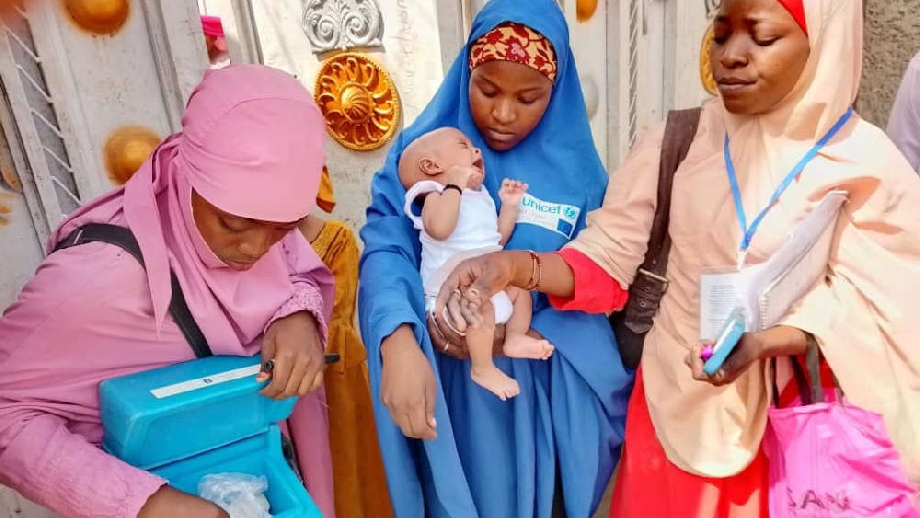
Nigeria has embarked on one of the largest integrated vaccination campaigns in its history, aiming to protect approximately 106 million children against measles, rubella, and polio.
The initiative, led by the federal government, combines multiple vaccines with essential child health services to ensure comprehensive coverage across the country.
The campaign targets children aged 0 to 14 years for measles and rubella, and those aged 0 to 59 months for polio.
It will be implemented in two phases: the first, beginning this week, focuses on 20 high-risk northern states and Oyo State in the southwest. The second phase, set to start in January 2026, will extend to the remaining southern states.
Health workers will reach children through fixed vaccination posts, temporary outreach points, and door-to-door teams, ensuring that even the most remote and underserved communities are included.
Beyond immunization, the campaign integrates routine health services such as treatment for neglected tropical diseases and seasonal malaria chemoprevention in high-risk areas, aligning with Nigeria’s One-Stop Primary Health Care strategy.
The campaign is a direct response to ongoing outbreaks of circulating vaccine-derived poliovirus type 2 (cVDPV2), measles, and rubella in Nigeria and across the Lake Chad Basin.
The government is collaborating with Cameroon, Chad, Niger, and the Central African Republic on a cross-border action plan aimed at halting active epidemics by the end of 2025 and eliminating residual risks by the end of 2026.
Minister of Health and Social Welfare, Professor Ali Pate, praised frontline workers for their dedication, saying: “As a parent, I know that no parent would ever refuse something that protects their child. Vaccines are safe and save lives.”
The campaign builds on recent successes in 11 northern states, where over 3.1 million children were vaccinated, 500,000 malnourished children received nutritional supplements, and 150,000 children received malaria interventions.
Dr. Mohammed Janabi, WHO Regional Director for Africa, described Nigeria’s approach as “a powerful example for the region. By joining forces against measles, rubella, and polio, and working hand in hand with communities and partners, we are moving closer to the day when no African child suffers or dies from these preventable diseases.”
To support the rollout, Nigeria has strengthened its systems, including frontline worker training, improved payment processes, and upgraded data management to ensure accurate tracking of every vaccinated child.
The campaign also introduces a new combined measles-rubella vaccine, replacing the previous single-dose measles vaccine, enhancing protection against congenital rubella syndrome and deadly measles outbreaks.
The initiative is supported by WHO, UNICEF, Gavi, Rotary International, the Gates Foundation, the Africa CDC, civil society organizations, and traditional and religious leaders, with robust coordination mechanisms in place to guarantee financing, logistics, and social mobilization.



